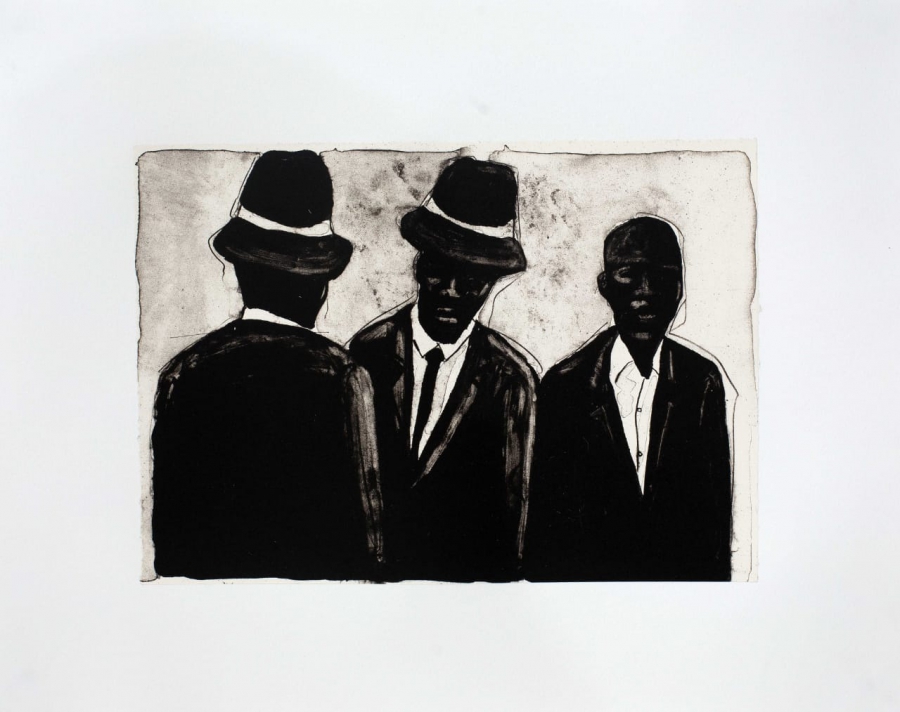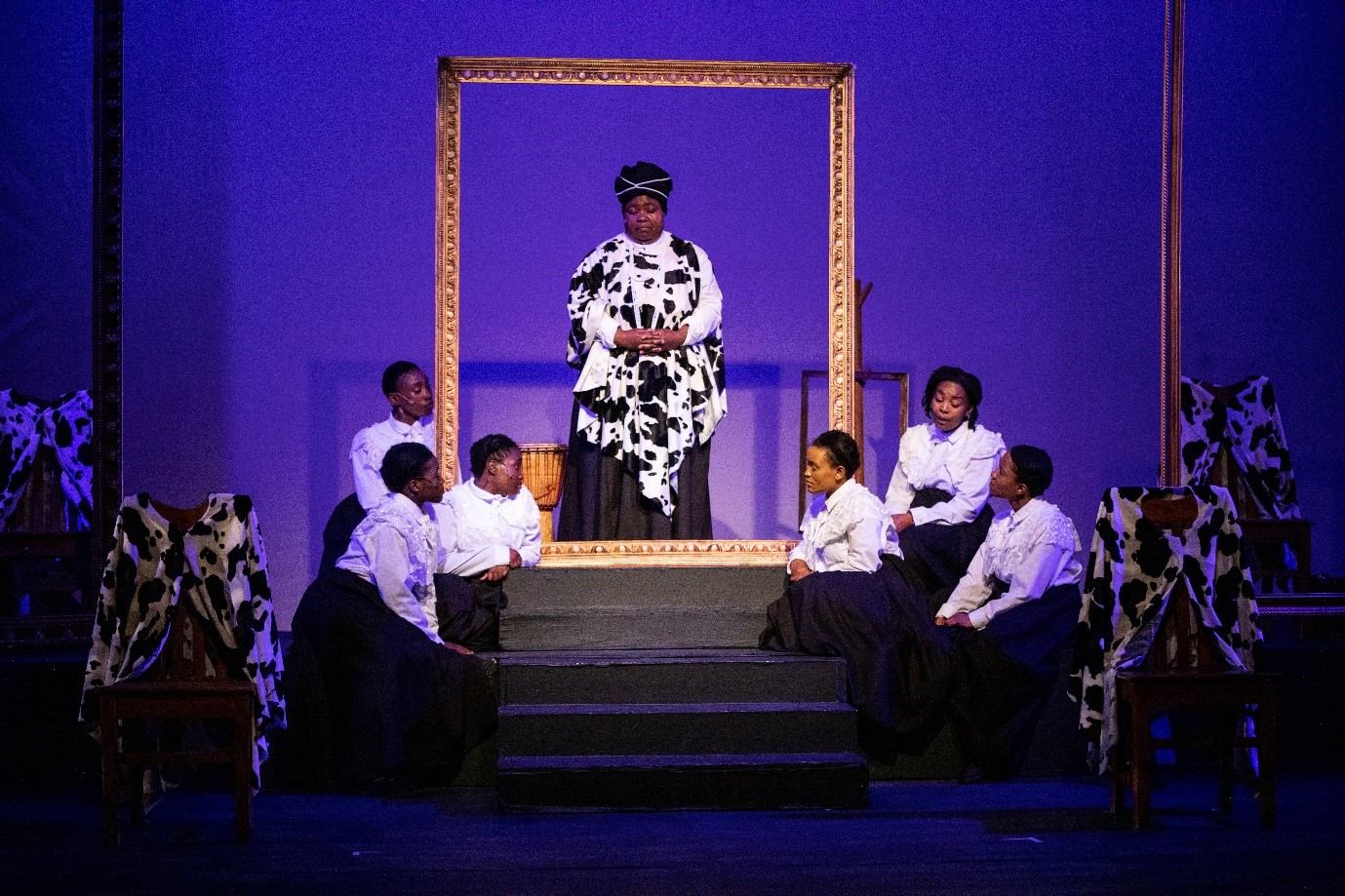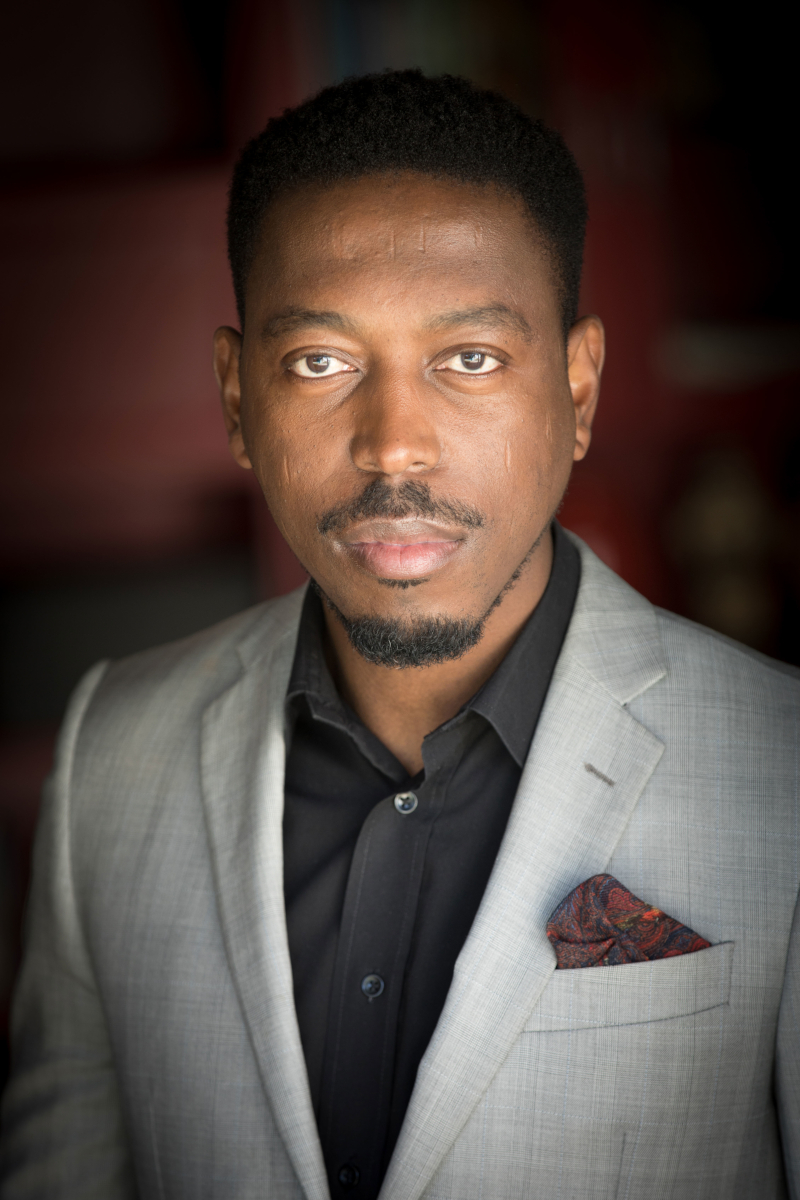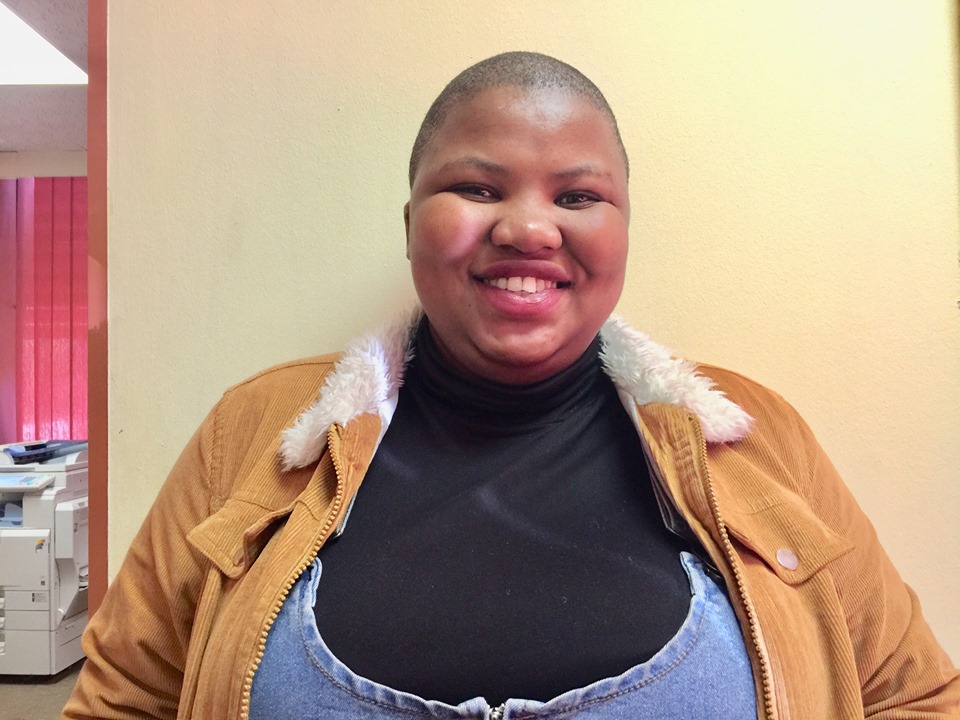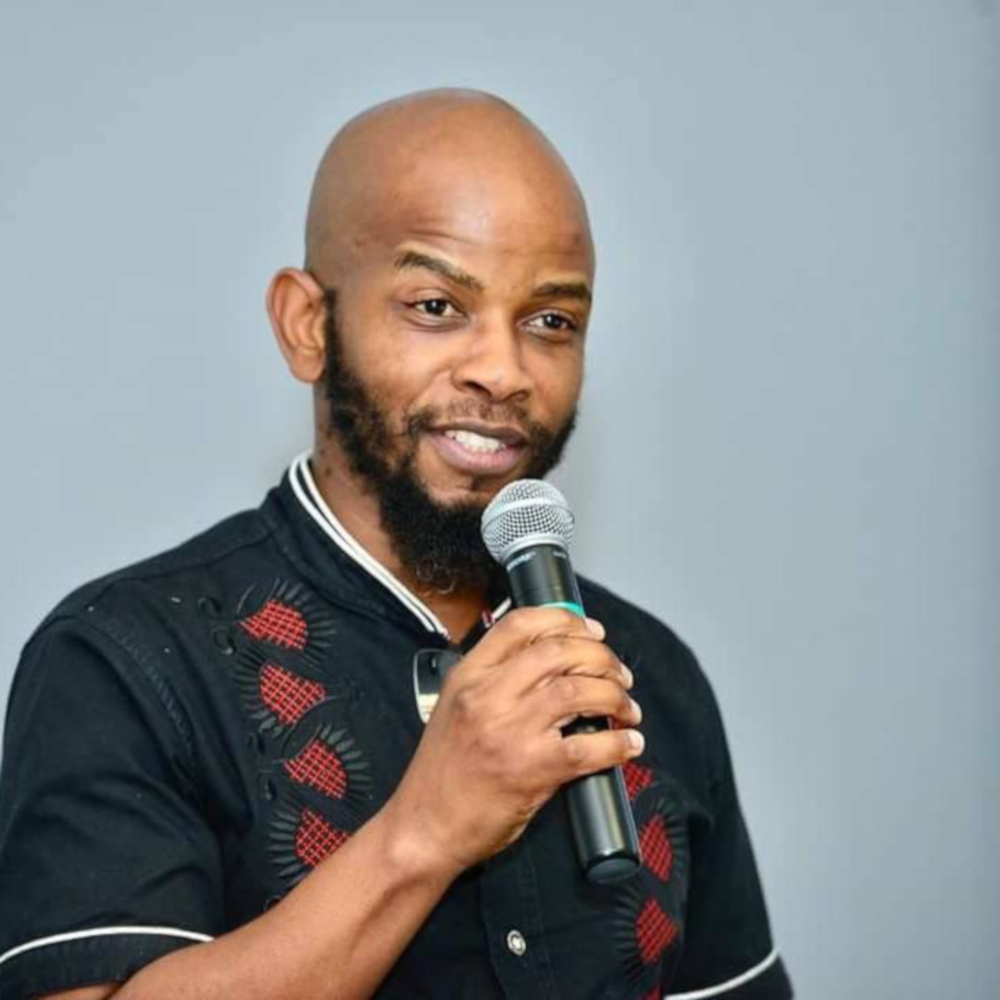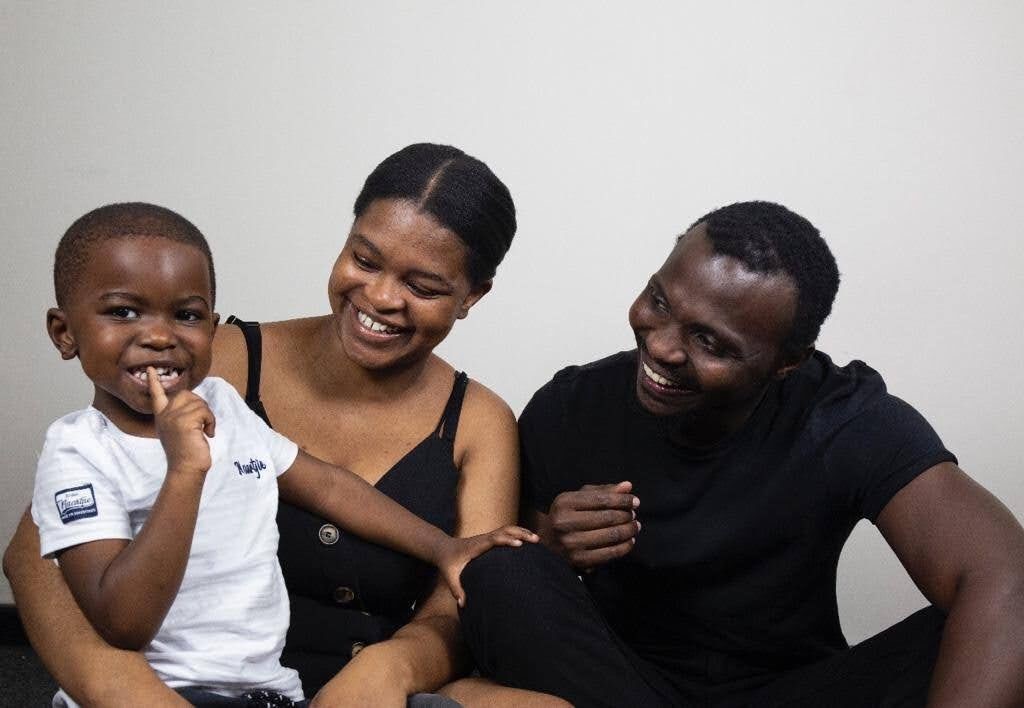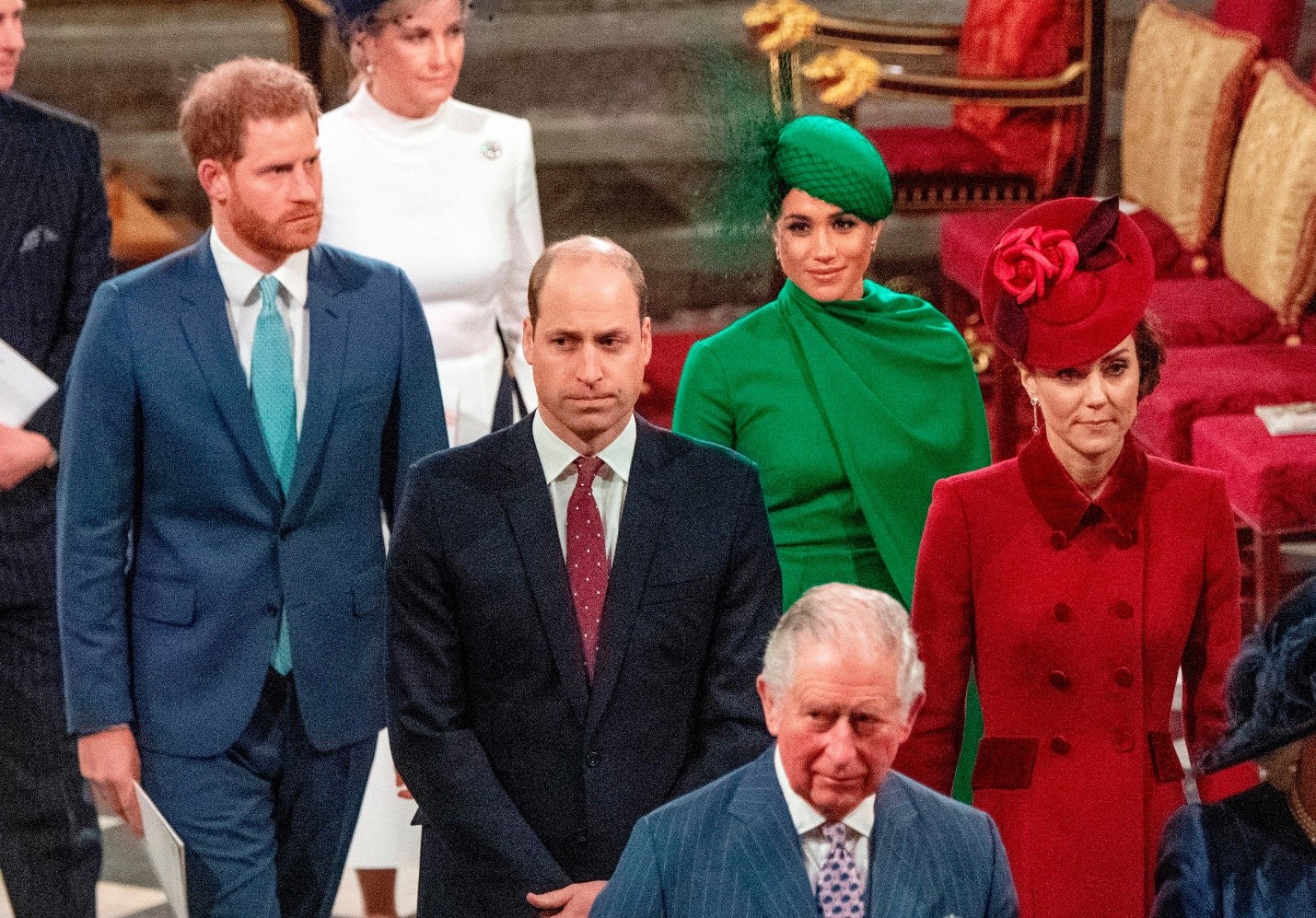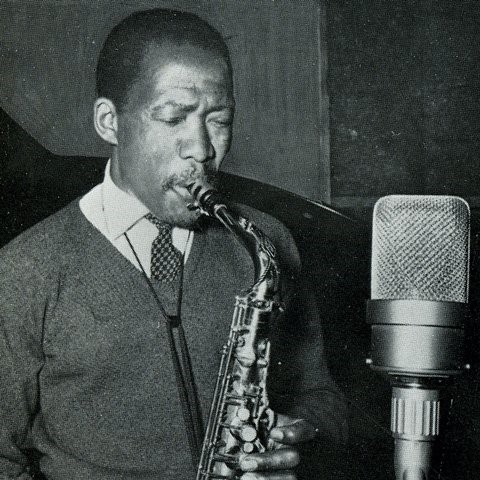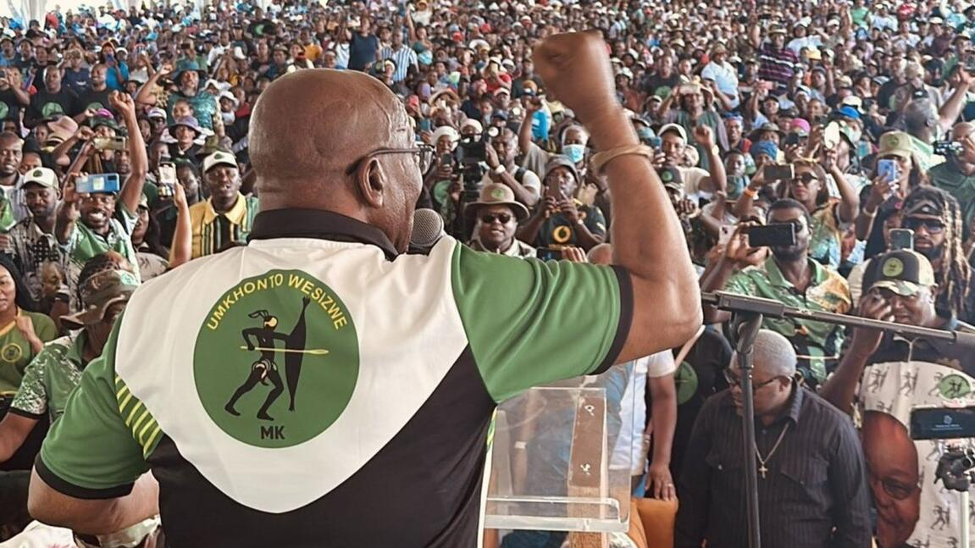This past weekend I got a call from my cousin Khongozi. We call him Khongozi for no other reason than the fact that this is his name.
Khongozi never makes phone calls unless it is serious. The last time he called me was earlier this year to inform me that our brother had died.
This time, however, he was bearing good news.
He is getting married at the end of September and he wants me to be one of his groomsmen.
This is exciting. It will be the second time I am a groomsman at a wedding. The first time was at a white friend's wedding in 2013. It was an experience for me. Something foreign to my own culture. I learnt many interesting things such as that there is no ilobola to be paid for the bride prior to the wedding, and that the father of the bride actually accounts for all the costs from preparation to the actual ceremony. The groom's family only cover drinks for the event.
I must be honest though, our weddings are more spectacular. In our weddings, there is a lot of meat. Lots of singing and dancing. People get showered with booze until they swim in it. Ours is a three-day event, taking place for the entire weekend. White people's wedding last for just half a day, at most. I was still trying to 'fit in' at my friend's wedding, still trying to have fun then with a blink of an eye, it was all over.
"Kuseyiyo leyantokazi enaniyoyilobola eMelmoth", my cousin said on the other line of the call, with his low tone of a voice, confirming that his bride is the same woman from Melmoth in KZN, for whom we paid ilobolo back in 2015. I had inquired because it has been four years since ilobolo was settled and a lot can change in four years.
I remember that day vividly. It was December 26, 2015. I was woken up at 4 a.m. as our transport was to pick us up at 5 a.m. The team consisted of four of us. It was Shenge, who was also our driver and chief negotiator, his assistant negotiator uNkomishi. It was the first time I met uNkomishi. His name, I was told, is shortened from Nkomish'yetiye. Apparently, Nkomishi got this name from the vendors at the taxi rank where he used to work as a queue marshal. Every time the vendors asked how he is, he'd scratch his head and retort, 'Ewu, mama, uma nje ngingathola inkomishi yetiye'.
The other team members were myself and my childhood friend Ngoto. Me and Ngoto were not to participate much during the negotiation process. We were assigned the task of holding and counting the cash for the elders. I also took the invitation as another opportunity to learn. It was the second time I was present at such a ritual. The first time was at my elder sister's ilobolo negotiations. My dad had asked me to sit in just to observe and learn so that I will take lead when the time comes for my younger sisters to get lobola'd.
Khongozi was also with us but he was to stay in the car and not get involved.
We left Vryheid at 5h30 a.m. and embarked on a two-hour journey to Melmoth.
On the way, Nkomishi was doing most of the talking. He was sitting in-between myself and Ngoto at the back seat and every time he spoke I had to duck his spit, he was still half drunk. In fact, we were all bhabhalazed from Christmas day. I remember stopping at KFC Melmoth on Piet Ritief street to get hot wings to cure the hang over.
The home of our makoti is situated in a rural, abandoned place in the belly of the forest and the sugar cane outskirts of town.
After an hour and a half of wiggling our way through the sloping hills, we were finally greeted by the sight of houses made of mud rondavels.
We still had to leave our car at the top of the hill and walk down about one and a half kilometres to our intended house since it was impossible for a car to drive in the small paths with rough rocks.
I remember Nkomishi shouting as he was trekking behind everyone, holding his beer in hand, "Hhey wemadoda nibheke izinyoka la". That is when I realized I should have worn my napkin. I am shit scared of snakes.
We filed down the small path until we reached the gate. We sat on the big rocks nearby. The summer sun was already up and the heat was beginning to be unbearable, as we were all sweating furiously. I had taken my suit jacket off and held it with my hands and I wondered how Nkomishi was coping in his overalls which he wore underneath a knee length coat. He completed his attire with gumboots.
Zulu people are among African people for whom custom and tradition is still very much entrenched. There is this 'game' that they seem to enjoy during rituals such as ilobolo, which involves making the visitors wait at the gate, unattended, for hours.
We waited for what felt like an eternity. I remember dozing off while half sitting atop a rock with my hand covering my face and my elbows sinking on my thighs. My nap was disrupted by an echo of a woman's voice from the river further down, "weSebenzile, ulibele ukubuka amadoda lapho, zowashwa ubani kezingubo?". Yes, there's still places in KZN where people do their washing at the banks of the river.
We waited. There were men who were singing ingoma inside one of the rondavels that was not too far from the gate, a few of them would momentarily come out to pee behind the house, give us one look and disappear back inside, after which we would hear a thunderous laughter. I imagined they were laughing at us. I imagined the conversation going like; "Zisakhona lezinyoni la ngaphandle bafo"? And everyone burst into laughter.
Finally, a little girl was sent to welcome us in, she greeted politely and bade us to follow. 'Uthi umkhulu ngengani".
The father and uncles of our bride to be turned out to be friendly and the whole process ran smoothly.
I credit Shenge, our chief negotiator as a skilled operator in this business. We pocketed about R4000 'change'. Nkomishi also participated and conducted himself in a manner that pleased everyone. I was worried that he was going to embarrass us.
We were fed lots of meat. On our departure we were gifted with a case of Carling Black Label beer and a bottle of Mellow Wood brandy. Our trip back home was a festive one.
I am looking forward to be my cousin's groomsman and I wish you all the best, Mkongo.
See you soon, gazlam.

